This site contains affiliate links. Please see Policies for more information.
Experimenting with intermittent fasting for weight loss, or the times that you eat, could potentially help with your weight loss. I’m not necessarily talking about extended periods of fasting–like, medical fasting–I’m not one to speak to that or give medical advice.
I’m talking more about the mental battle that we sometimes feel with food and how cutting down our eating window a little can help us stay focused with our nutrition goals, lose some weight, and reduce body fat.
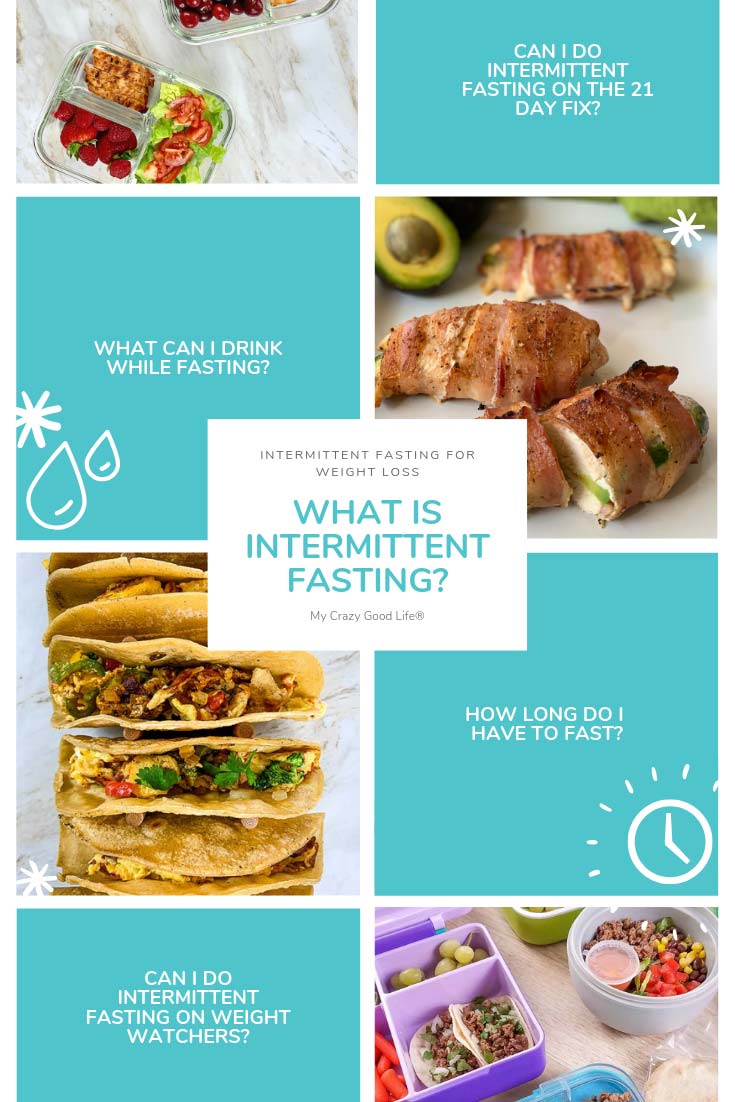
One thing that I’ve been learning a lot about lately, especially through the course I’m taking for my Precision Nutrition certificate, is intermittent fasting for Weight Loss.
What is intermittent fasting?
Intermittent fasting cycles between two periods of time: fasting and eating. There have been some studies that show it can increase metabolism (how your body processes the food you eat), protect against disease, help aid in weight loss, and more. You can read more about some of the health benefits of people who fast right here, along with how studies show that intermittent fasting works for weight loss.
Intermittent fasting does not tell you what to eat, it tells you when to eat. Some people do not change their diet when they do intermittent fasting, others use this type of fasting in conjunction with their current dietary program guidelines to live a healthier lifestyle.
Many people have asked me about intermittent fasting on the 21 Day Fix and Ultimate Portion Fix, so I wanted to research this topic and bit and explain how you can be successful with this.
Are there different types of intermittent fasting?
The most popular type of intermittent fasting is the 16:8 method which is 16 hours of fasting and 8 hours of eating. Usually, this is accomplished by not eating after dinner and then skipping breakfast. Many people are already fasting for several hours overnight as they sleep so extending that fasting time is the easiest way to get in your 16 hours of fasting.
During your 8 hours of eating time you can technically eat whatever you like, but giving your body the nutrients it needs during your eating window is very important. I know several people who choose to eat one meal a day, and treat it as a treat/cheat meal, and I just can’t make sense of that.
If I’m going to only eat one or two meals a day, they’re going to be the healthiest and most nutrient dense meals I can find.
There are a few different types of intermittent fasting for weight loss. The most popular ones are:
16:8: Described above, the 16/8 method is 16 hours of fasting and then 8 hours of eating. No set times, you set them for yourself, and no restrictions on what to eat (apart from your own decisions and programs like the 21 Day Fix). You can eat your normal daily calorie allotment or a reduced one.
Eat Stop Eat: This method involves a 24 hour fasting period once or twice a week. You can choose the days but most people try and do it on the same days each week.
5:2 Diet: This method of intermittent fasting requires you to only eat about 500 calories on 2 days of the week and normal eating on the other 5 days of the week.
There are other methods of intermittent fasting including alternate day fasting and long term fasting, but I’m going to explain the three most popular methods. I’m a fan of the 16/8 method and if you’re looking for an option to pair with the 21 Day Fix, the 16:8 option is definitely the way to do it.
How does intermittent fasting help us lose weight?
Time restricted eating for weight and fat loss can help us lose weight for several reasons:
- During times of fasting there are changes that take place in the body. Blood sugar and insulin levels drop drastically and human growth hormones elevate.
- The routine of eating during certain times of the day and restricting calories during other times can also help boost metabolic levels.
- You can reduce your caloric intake and help your body burn fat without the need for any supplements, extreme measures, or chemicals.
- For those who have issues with IBS-C, it allows some more time for your body to process the foods you have eaten.
Overall, there are many benefits of intermittent fasting or time restricted eating. It’s a pretty easy way to allow for calorie restriction without resorting to low calorie foods that don’t fill you up and may not be as nutritionally dense as they should be.
Can I do intermittent fasting on the 21 Day Fix?
You can do intermittent fasting on the 21 Day Fix but the only if you can eat all of your containers.
The specific nutrition and macronutrients provided by your designated containers each day is what will help you see results. If you are in a higher bracket on the Fix you might struggle to get all of your containers in, and if this is the case fasting might not be the right choice for you.
Do not change brackets if you’re fasting on the 21 Day Fix. Remember, your weight and activity level are used when calculating how much food and macros your body needs to lose weight.
On the other hand, if you can get all of your containers eaten during your 8 hour eating period then I say go for it! Intermittent fasting can be a great way to help train your mind and your body to eat better and with more a more mindful approach.
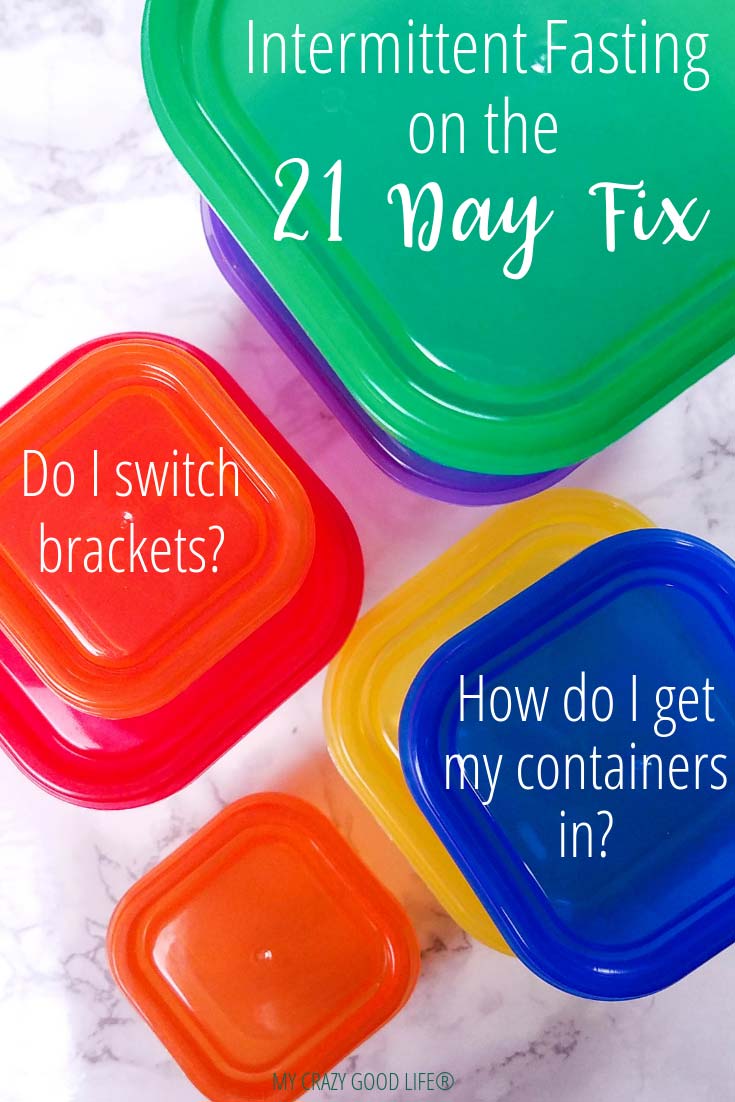
What can I drink in the morning while fasting?
During your fasting hours you can have certain types of zero calorie beverages but no food. Drinks that you can enjoy are water, coffee, and tea as long as they plain. Drinking energy drinks, coffee with cream or sugar, or soda (even calorie free) and tea with sweetener defeats the purpose of the fasting period.
If you think you won’t be able to drink coffee or tea plain in the morning it’s best to skip it and go right for water. Drinking beverages with additives can derail the benefits of the fasting period so it’s important not to cheat yourself during the process if you want to see results.
Why does intermittent fasting work so well for some people?
Intermittent fasting or weight loss works really well for some people because it is a simple way to reduce calories in your everyday diet. Doing intermittent fasting on the 21 Day Fix can help you see success if you struggle with snacking, eating more than your allotted containers, or hunger throughout the day.
Simply adding in periods of fasting can help limit the number of hours in a day you have to worry about eating. If you struggle to make healthy choices both intermittent fasting and the 21 Day Fix can help you see success with a more healthy lifestyle. The periods of fasting will reduce the number of hours in a day you are eating and the 21 Day Fix makes it really simple since you are eating from a pre-made list of approved foods!
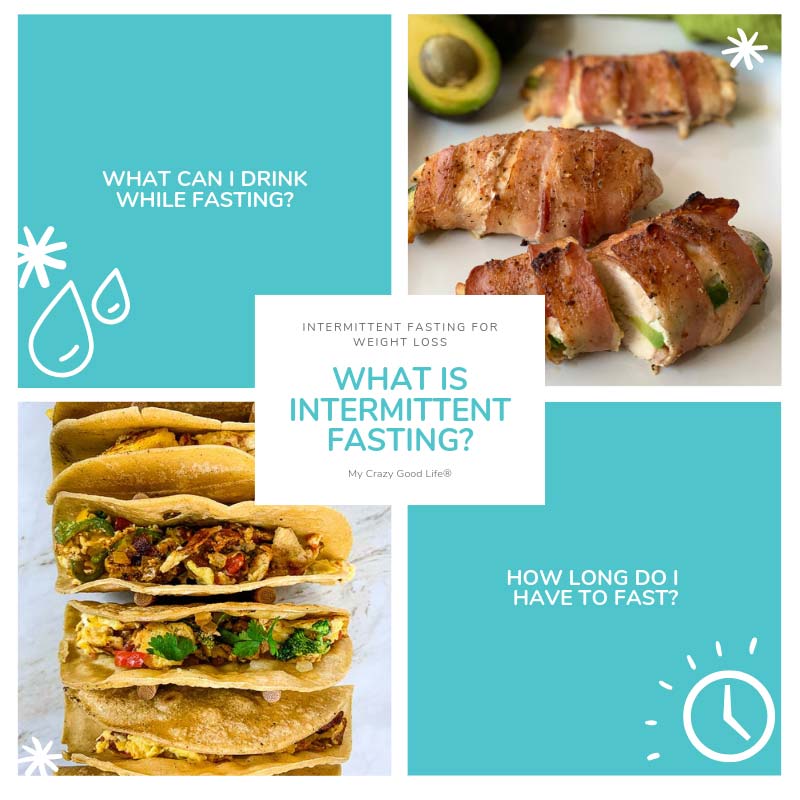
What NOT to do while fasting:
Eating during your fasting hours is the biggest pitfall. Even while fasting on the 21 Day Fix you won’t want to break the fast. The periods of fasting are doing good work for your body and cheating will only damage your overall results.
Another pitfall to avoid while doing intermittent fasting is giving up too soon or changing your method. There are different methods of intermittent fasting and once you choose one you should stick to it! It will take time for your body to adjust. Give your body the time it needs to make changes and eventually you’ll see the results!
While fasting on the 21 Day Fix you will want to avoid cutting out containers. It’s important for the program to work that you have proper nutrition and that comes from eating the right number of containers each day!
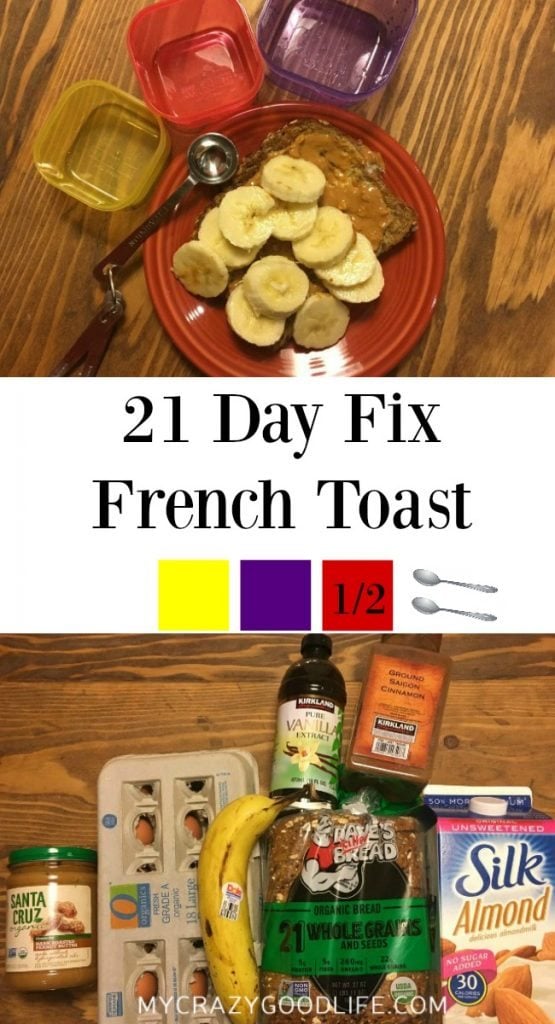





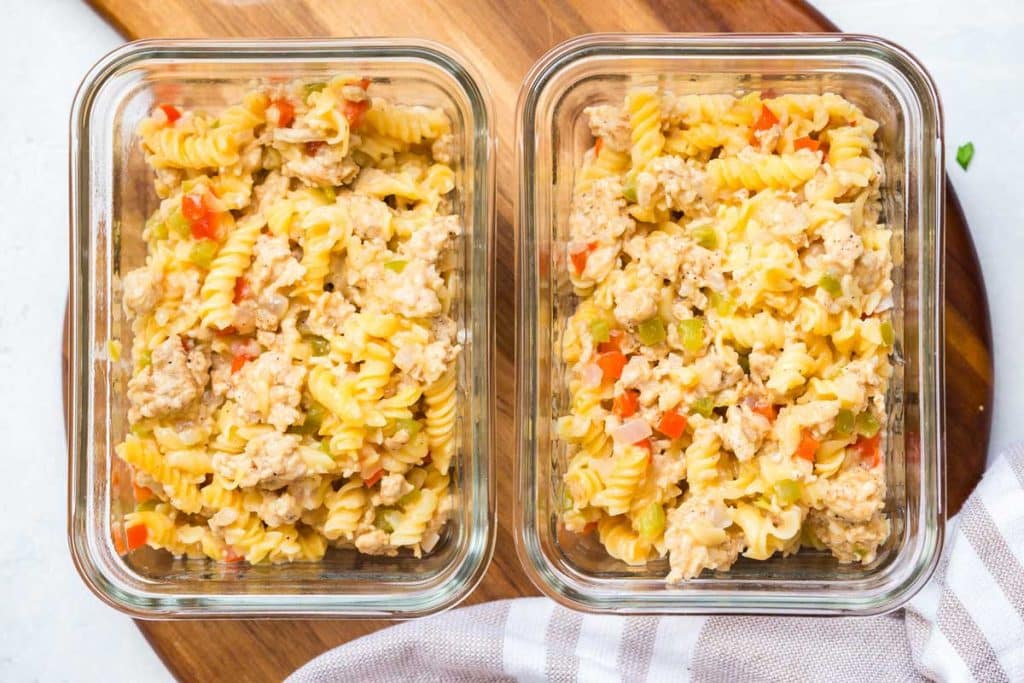



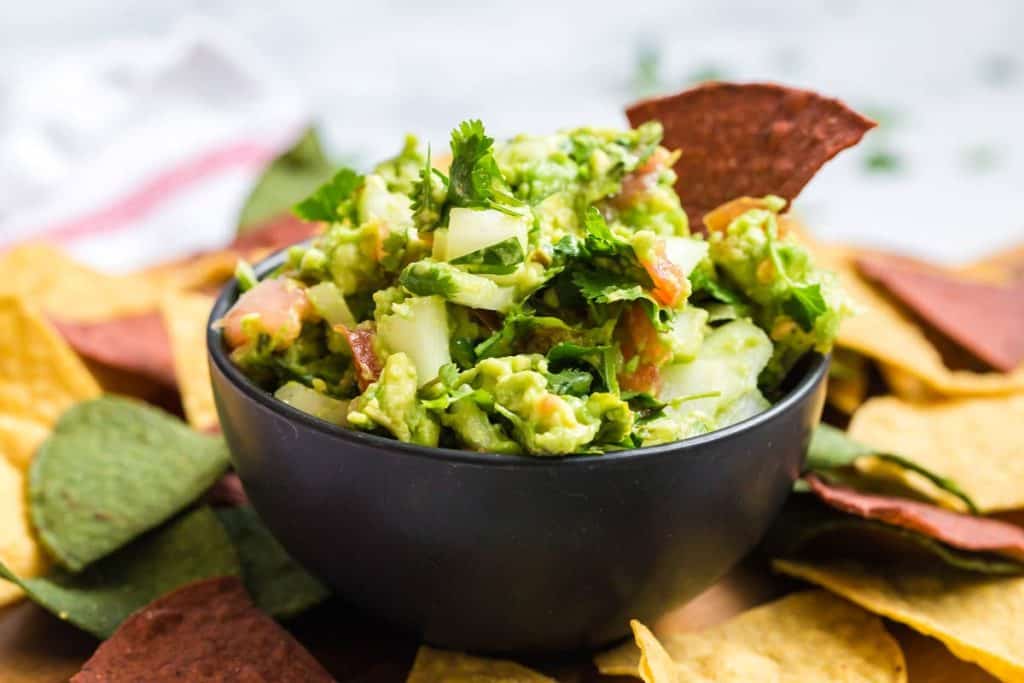
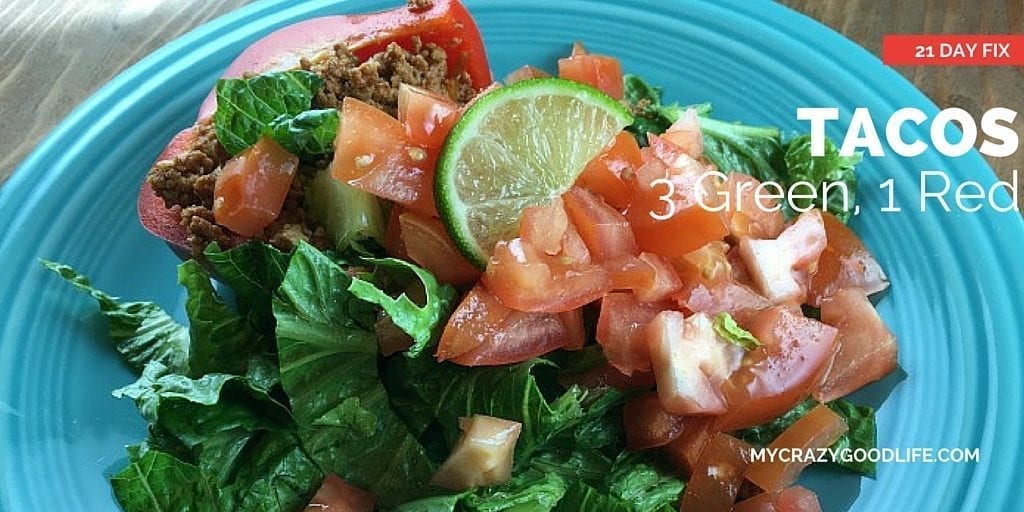



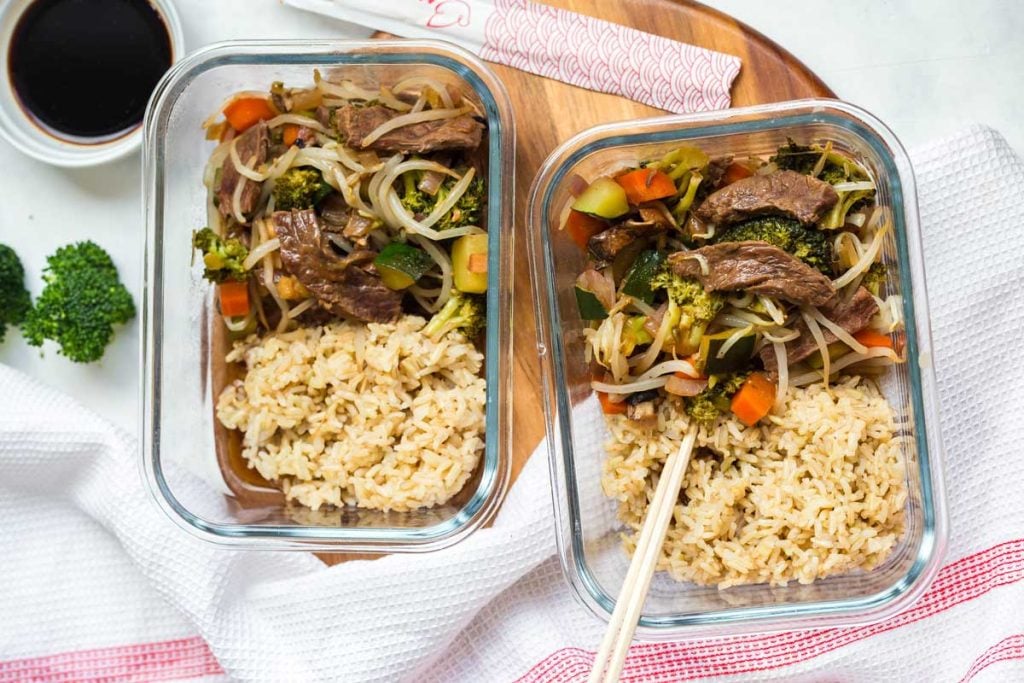


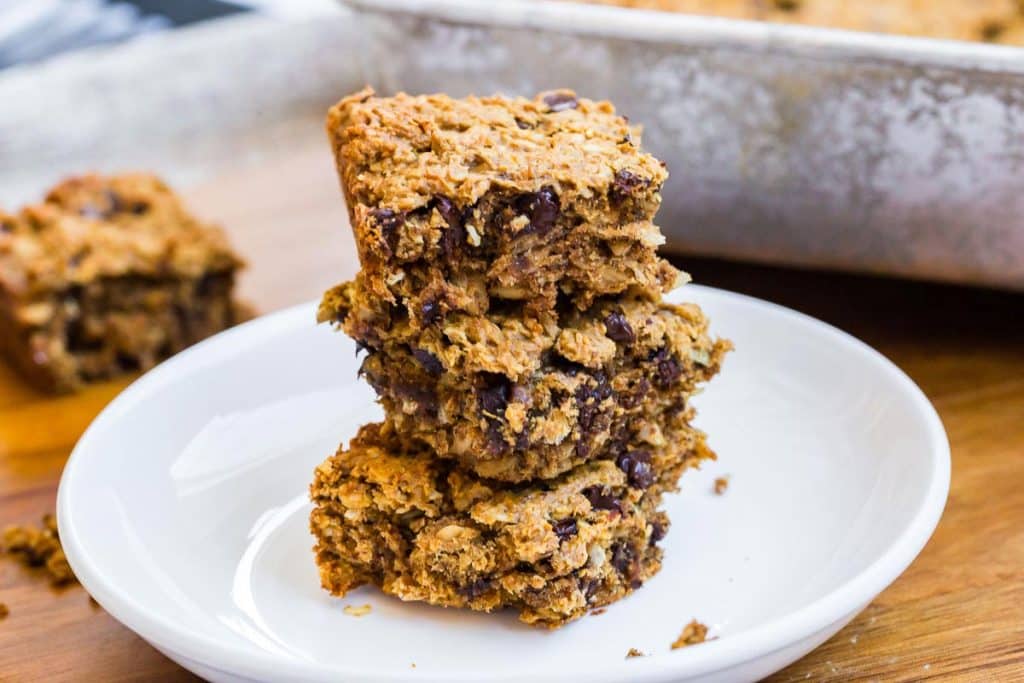
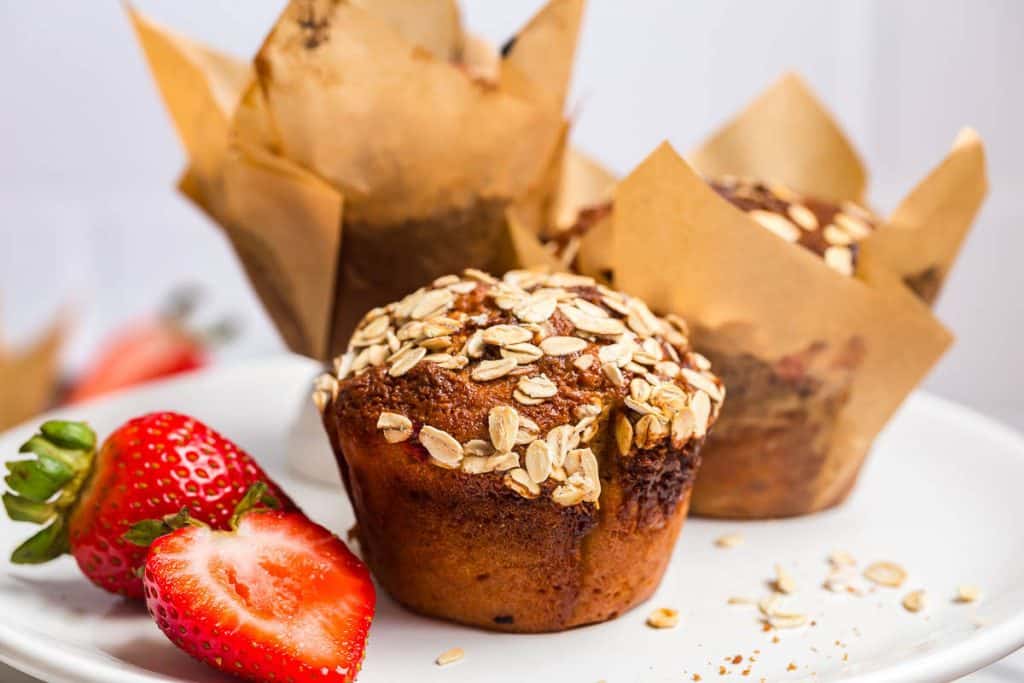

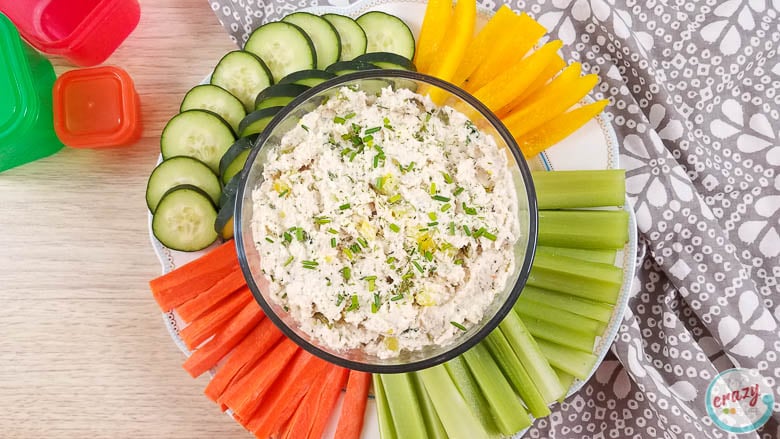


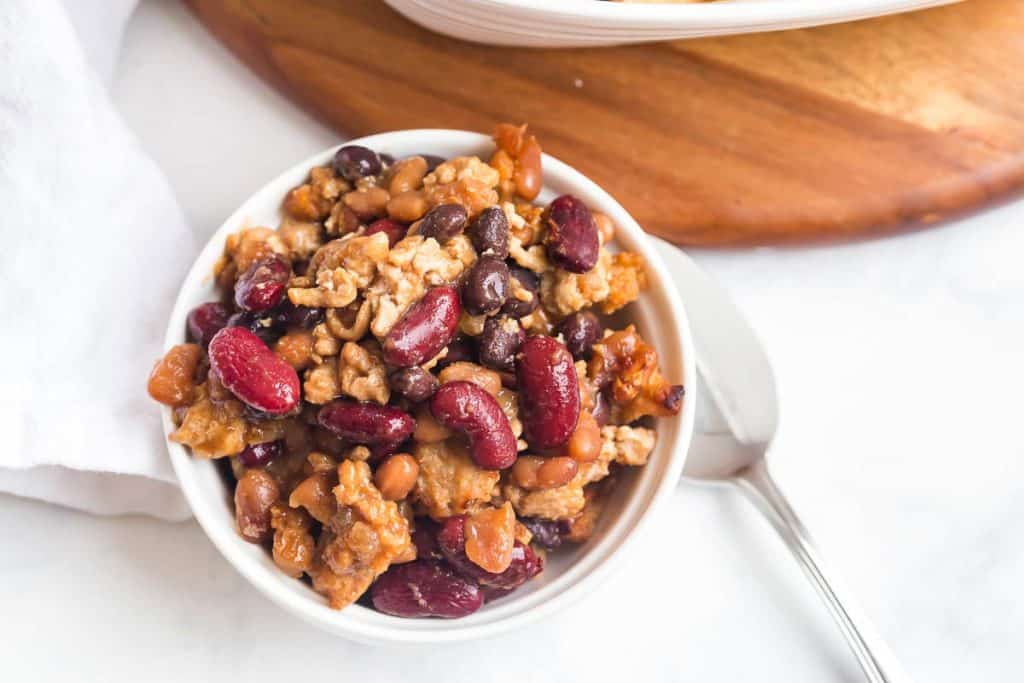











My hardest part is the coffee without cream but when it’s also the night time it works good stops my snacking
Yes! It’s so much easier (mentally) to say, “oh, can’t eat past this time – doesn’t matter if I’m craving something.”
This came at the right time I just started intermittent fasting 16/8. I’ve been doing it for 5 days so far today is my 6th. It’s been hard a little cause I normally cave into any cravings I have. Yesterday it was candy (I am using black peppermint tea to combat the sweet cravings and it is worked!) today it’s fries lol I just say no ma’am you’ve got goals! Thank you for the information!
Yay!! You’re doing great!
Thanks for the article! I’ve been curious about fasting and am excited to try it.
How is it structured? Do you you do the 16:8 for a month straight or for several days? Do you take a break in between days?
You can do it for a week or a year – it’s totally up to your preferences!
Thank you for providing this plan! Does chewing gum with sweetener after your 8 hours effect the fasting? Thank you!
It does- anything except water effects it:)
Thank you so much!!